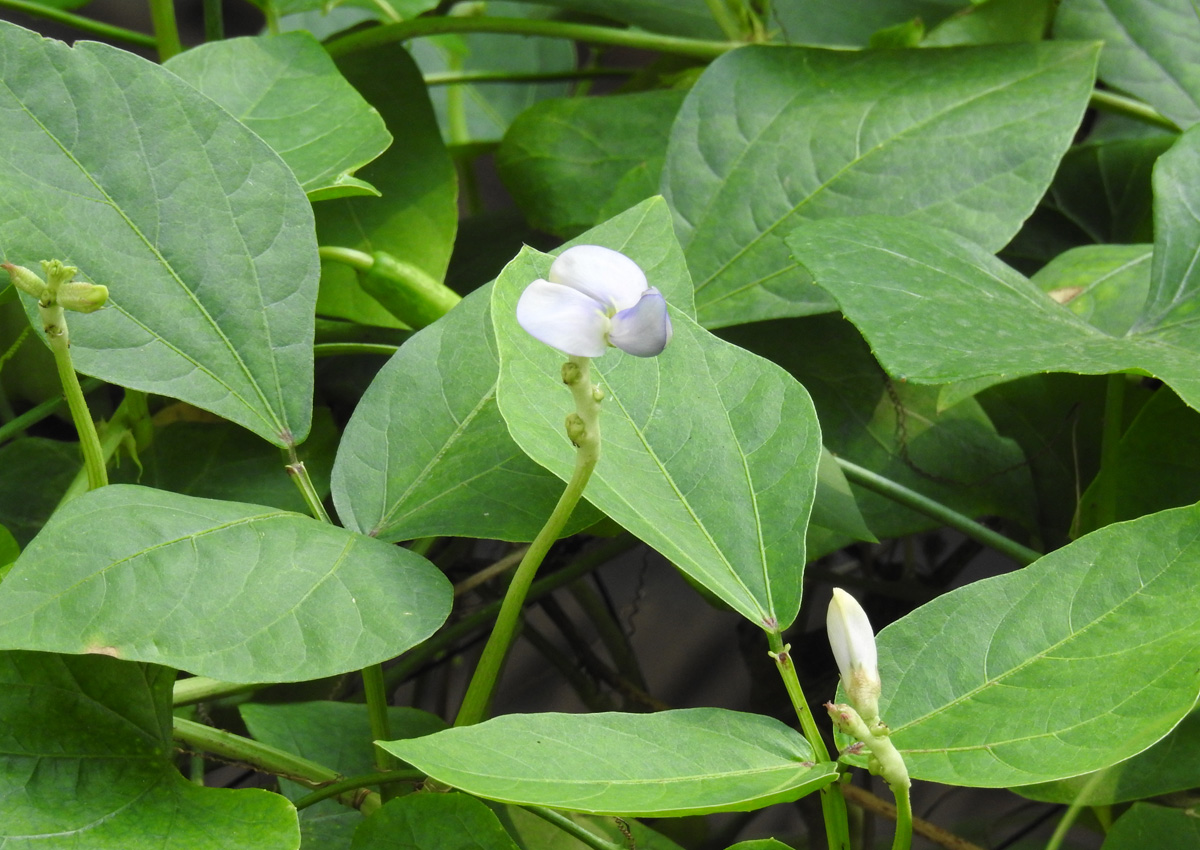
UC San Diego Nanoengineers Develop Fridge-Free COVID-19 Vaccines Grown in Plants and Bacteria
September 8, 2021| |
Nanoengineers at the University of California San Diego have developed COVID-19 vaccine candidates that can take the heat. These fridge-free vaccines are made from a plant virus called cowpea mosaic virus and the other is from a bacterial virus or bacteriophage.
The two vaccines were made using similar recipes. The researchers used cowpea plants and Escherichia coli bacteria to grow millions of copies of the plant virus and bacteriophage, respectively, in the form of ball-shaped nanoparticles. They harvested these nanoparticles and then attached a small piece of the SARS-CoV-2 spike protein to the surface. The finished products look like an infectious virus so the immune system can recognize them, though they are not infectious in animals and humans. The small piece of the spike protein attached to the surface stimulates the body to generate an immune response against the coronavirus.
The researchers note several advantages of using plant viruses and bacteriophages in making vaccines. The process can be easy and inexpensive to produce at large scales. Another big advantage is that the plant virus and bacteriophage nanoparticles are extremely stable at high temperatures and the vaccines can be stored and shipped without needing to be kept cold.
These new COVID-19 vaccines are still in the early stages of development, but the researchers found that in mice, the vaccine candidates triggered high production of neutralizing antibodies against SARS-CoV-2.
For more details, read the article in the UC San Diego News Center.
| |
You might also like:
- Medicago's Plant-Based COVID-19 Vaccine Shows Positive Phase 2 Results
- Researchers in Spain Use Biotech to Produce SARS-CoV-2 Vaccine in Plants
- Viable Vaccine Candidate for COVID-19 Developed Using Proprietary Plant-based Technology
Biotech Updates is a weekly newsletter of ISAAA, a not-for-profit organization. It is distributed for free to over 22,000 subscribers worldwide to inform them about the key developments in biosciences, especially in biotechnology. Your support will help us in our mission to feed the world with knowledge. You can help by donating as little as $10.
-
See more articles:
-
News from Around the World
- FAO Launches Global Initiative on One Country One Priority Product
- 2nd Pre-COPMOP2021: Asian Regional Workshop on Current and Upcoming Items Under the CBD and its Protocols
- Research Team Develops Plant that Produces More Oil
- Experts Urge the Public to Support New Technologies to Address Agri Challenges and Climate Change
- ICRISAT Researchers Identify Genes to Defend Chickpea Against Dry Root Rot
- Report Sets Out How the UK Could Take Lead in Shaping Regulation for Genetic Technologies
-
Research Highlights
- Study Finds Bt Cotton Does Not Affect NTO Agro-ecosystem Relations
- Research Shows Rice Enzyme OsUBC26 Vital for Blast Fungus Resistance
-
Plant
- Chinese Consumers Prefer Gene-edited Foods to Transgenics
- Experts Develop the Smallest CRISPR-Cas System for Genome Editing
- Wageningen University and Research Gives Away CRISPR Licences for Free in Fight Against Hunger
-
Health
- UC San Diego Nanoengineers Develop Fridge-Free COVID-19 Vaccines Grown in Plants and Bacteria
-
Read the latest: - Biotech Updates (January 28, 2026)
- Gene Editing Supplement (January 28, 2026)
- Gene Drive Supplement (February 22, 2023)
-
Subscribe to BU: - Share
- Tweet

